The watch words of our people are the words of the שמע/Shema and they’re found in this week’s פרשה/Parshah: ואתחנן/VaEtchanan (דברים ו:ד). In the תורה/Torah there are many peculiarities in the way the words and letters are written. Sometimes it’s a matter of how they’re laid out and sometimes it’s the unique way a word is spelled. There are times where whole verses are bracketed with letters, and there are times when letters are extra big or extra small. In the case of the שמע, the verse is bookended by two large letters. In the word שמע the letter “ע” is extra big and in the word אחד the letter “ד” is also extra big. The two words look like this שמע and אחד. While the most realistic reason for this is that there’s a concern that the letters could be mistaken for look-alike letters. A “ד” could be mistaken for a “ר.” An “ע” could be mistaken for a “צ” or perhaps for its partner silent letter “א.” Any of these mistakes would cause a total misread of this major central verse of our people. In the case of the “ד” if it were mistaken as a “ר” the word would not be אחד/Echad/One but rather אחר/Acher/Other. God would not be One but rather God would be “other…”
In looking for other, more poetic, reasons for these enlarged letters, we can find deeper value and meaning. For instance, if we take these two large letters and put them together, “עד,” we would have either “Eid” or “Ad.” “Eid” means witness and “Ad” means forever. Let’s take the word as being “עד” a witness. When we say the שמע, we’re testifying to the unity of God. When we say the שמע, we’re standing with fellow Jews from before us, with us and those who will come after us. When we say the שמע, we’re pledging allegiance to our people and to God. It’s a powerful lesson for all of us to understand.
But what does it actually mean to be a witness? In עשרת הדיברות/Eseret HaDibrot/The Ten Commandments/Statements we learn in the ninth (דברים ה:יז) that we shall not bear false witness. We shall not lie about what other people do. But there’s a deeper false witness and that’s the institution of the עד זומם/Ed Zomem/”Scheming Witness” that’s explained in the תלמוד/Talmud in מסכת מכות/Maseket Makot. It’s there we learn about these extra awful false witnesses that are considered scheming, not because they’re lying about what they saw, but they’re lying because they were not even present at all. When I was learning this part of the תלמוד, we took to calling them non-present scheming witnesses. These extra terrible people are considered bad because they were not even there… they didn’t even show up in the first place. The punishment they receive is whatever punishment they were trying to have placed on the person they were testifying against.
So, when we put this all together, we see a picture of what we as Jews need to do when we live by the שמע… we need to show up and be present. We need to stop phoning in our Jewish lives and begin to show up in person and for real. We need to be active and engaged so we can testify we are, indeed, active and engaged and thus thriving. To say the שמע without actively being a part of our people is to be an עד זומם, a non-present witness that has no ability to testify about any of this at all. The שמע is thus calling on all of us to be good upstanding witnesses about God, the תורה, the Jewish people and about our relationship to all the pillars of our religion.
